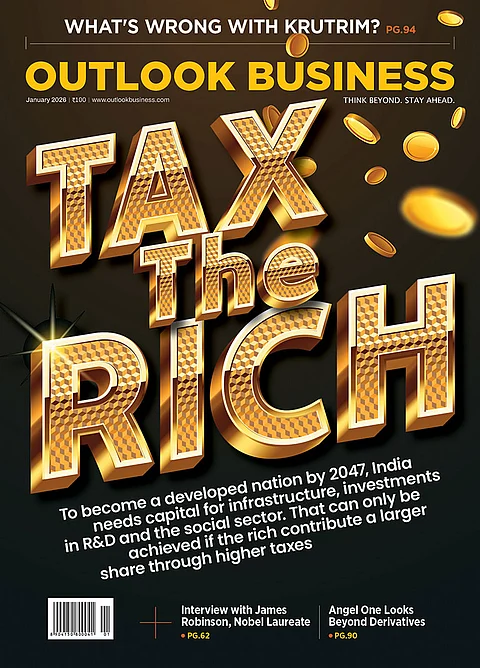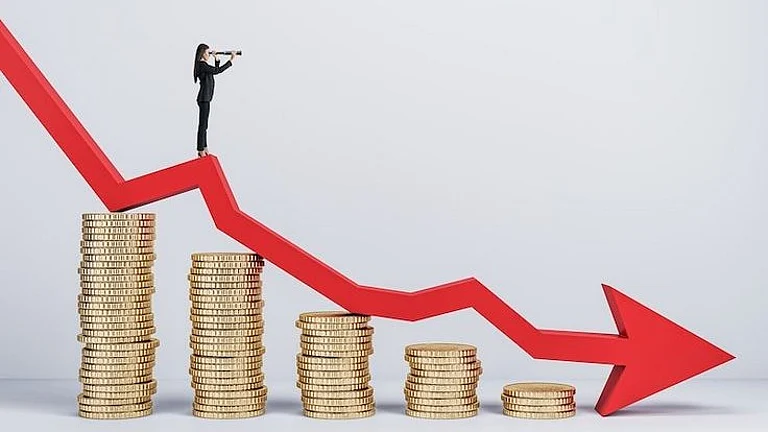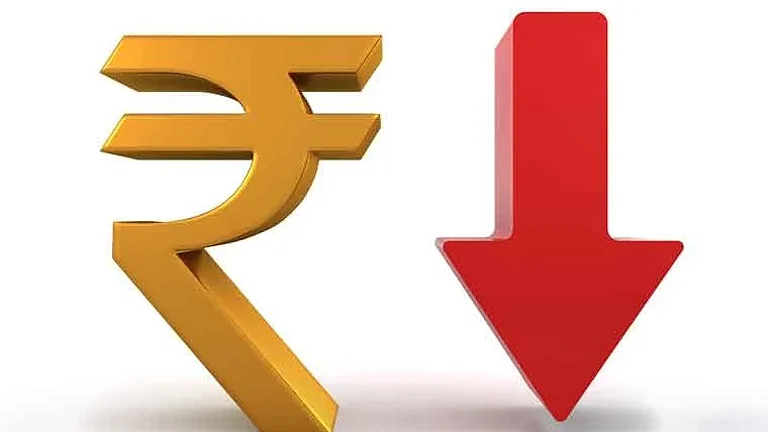The escalating commercial discord between the US and India has reached unprecedented levels, marked by President Trump’s imposition of severe protectionist measures that have culminated in tariffs as high as 50% on Indian exports. These punitive levies, ostensibly justified through national security provisions, present India with a defining moment to recalibrate its position as an autonomous strategic partner in the global economic arena. Rather than succumbing to Washington's coercive demands or engaging in destructive retaliatory measures, India must articulate a sophisticated, multifaceted response that consolidates its economic sovereignty while safeguarding essential diplomatic relationships.
The growing trade friction has multiple underlying causes. The US recorded a merchandise trade shortfall of $45.7bn with India in 2024, marking a notable 5.4% rise from prior year figures. The American administration has particularly criticised what it terms India's excessive trade restrictions while simultaneously penalising India's ongoing energy collaboration with Russia. This creates a challenging scenario where India must tackle genuine commercial issues while maintaining its independent foreign policy stance.
These protective measures affect numerous industries. Indian pharmaceutical companies now face an 8.6% competitive disadvantage, while sectors including textiles, precious stones and automotive face substantial market obstacles. Given that America purchased $87.4bn in Indian goods during 2024, these restrictions pose significant threats to Indian businesses and the nation's economic stability.
Trade Beyond the US
India's immediate imperative involves accelerating the diversification of its trade portfolio to mitigate excessive dependence on any single market, particularly the US. The current crisis starkly illuminates the inherent vulnerabilities of over-reliance on bilateral arrangements that remain susceptible to dramatic shifts following political transitions in partner nations. India must therefore pursue vigorous trade integration with European Union member states, deepen engagement with Southeast Asian economies through enhanced Asean partnerships, and actively embrace emerging markets across Africa and Latin America.
The government should establish dedicated commercial missions specifically tasked with identifying and developing alternative export destinations for sectors most adversely impacted by American protectionist policies. India must strengthen its domestic supply networks to reduce dependence on critical imports that could potentially be weaponised during future trade conflicts.
The present trade tensions offer India a strategic opportunity to expedite the development of its indigenous manufacturing capabilities through targeted investments and comprehensive policy reforms. Rather than perceiving American tariffs exclusively as punitive measures, India can leverage this challenge to strengthen its industrial foundation and systematically reduce import dependence in critical sectors. The government must accelerate infrastructure development, streamline bureaucratic processes and provide substantial incentives for multinational corporations to relocate their supply chains to Indian territory.
Particular emphasis should be placed on emerging technologies where India possesses the potential to develop significant competitive advantages. The semiconductor industry, renewable energy manufacturing and biotechnology sectors present exceptional opportunities for India to establish itself as a global innovation hub rather than merely serving as an export platform for raw materials or low-value manufactured goods. This transformation requires sustained investment in educational infrastructure, substantial increases in research and development funding and the creation of an ecosystem that actively nurtures entrepreneurship and technological innovation.
Building Resilience
The diplomatic strategy must focus on compartmentalising trade disputes to prevent them from undermining collaboration in other critical areas where interests naturally converge. Counterterrorism initiatives, climate change mitigation efforts and regional security arrangements should remain insulated from commercial disagreements. India should simultaneously leverage its relationships with other nations to build robust coalitions that support rules-based international trade practices rather than accepting unilateral protectionist impositions as the new global norm.
Long-term economic resilience requires the systematic construction of robust domestic institutions and financial infrastructure capable of withstanding external economic pressures. This includes developing sophisticated financial systems that can facilitate international trade transactions in multiple currencies, thereby reducing dangerous over-dependence on dollar-denominated trade that remains vulnerable to political manipulation. India should also invest substantially in creating alternative payment mechanisms and trade financing systems that provide viable options when conventional channels face political interference or sanctions.
The government must prioritise comprehensive human capital development to ensure that India's workforce remains globally competitive in high-value sectors that are naturally less susceptible to trade barriers and tariff manipulation. This requires massive investments in educational infrastructure, particularly in science, technology, engineering and mathematics, while simultaneously strengthening vocational training programmes that support advanced manufacturing industries and emerging technological sectors.
While the 50% tariff rate represents the most severe trade penalty imposed on any American trading partner, India’s response must remain measured, strategic and focused on building long-term capabilities rather than achieving short-term tactical victories. The ultimate objective is not to prevail in a destructive trade war but to emerge as a more economically sovereign and strategically autonomous nation capable of defending its interests while maintaining beneficial international partnerships.
Ultimate success will be measured not by India's ability to force the US to reverse its protectionist policies, but by whether the nation emerges from this challenging period with a more diversified economy, enhanced domestic capabilities and strengthened strategic autonomy. The path forward demands patience, sophisticated strategic thinking and the confidence that accompanies being an ascending global power with multiple options rather than a dependent nation relying on others' benevolence for economic prosperity.
(The writer is an energy-transition professional and adviser)




























